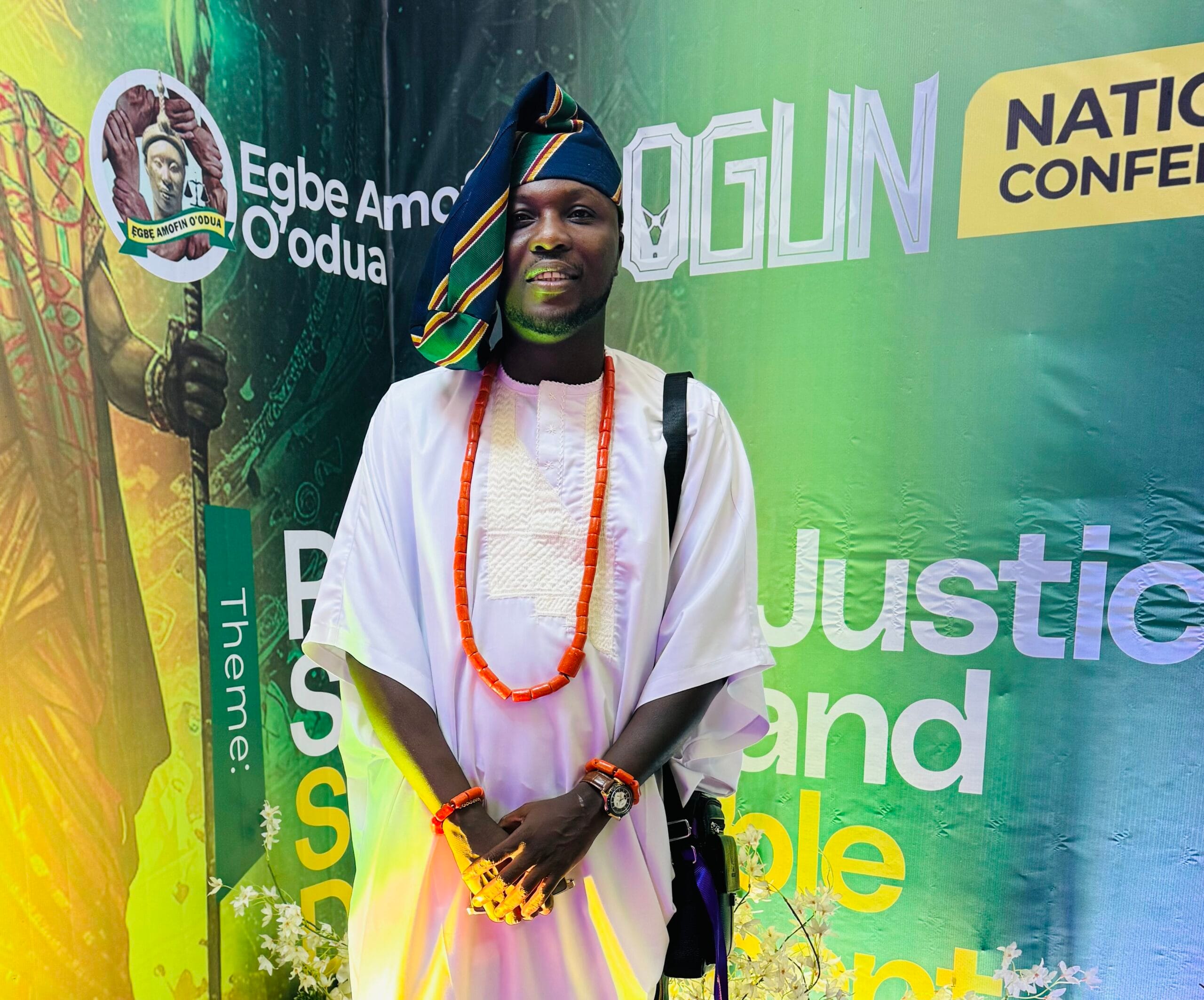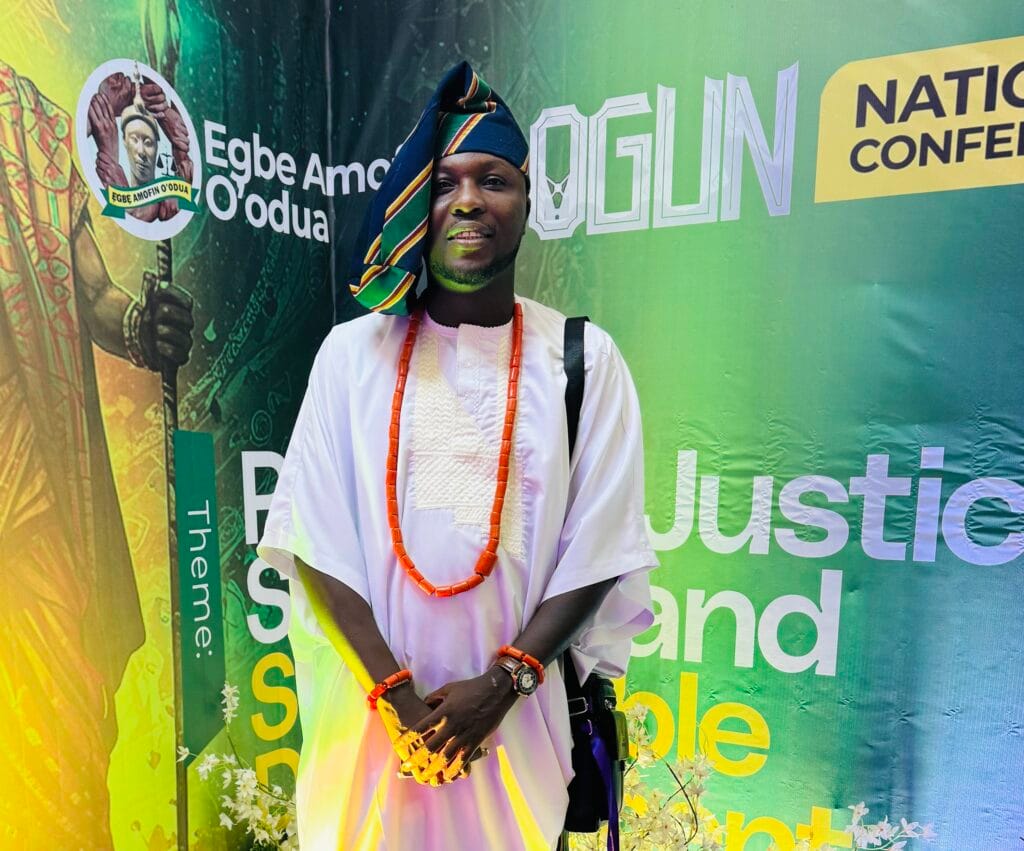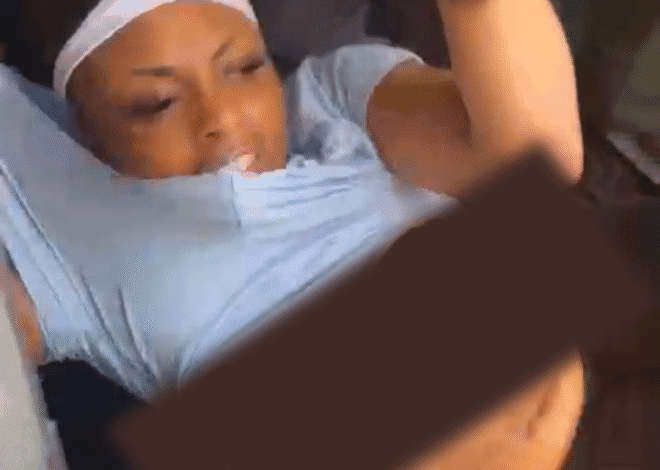
Egbe Amofin’s Endorsement of Aare Olumuyiwa Akinboro, SAN: A Strategic Gamble Haunted by the Ghost of 2020

The recent adoption of Aare Olumuyiwa Akinboro, SAN as the sole endorsed candidate of Egbe Amofin Oodua for the 2026 Nigerian Bar Association (NBA) Presidential election has sparked intense debate across the legal community. While some see it as a show of unity within the South-West caucus, others warn that the decision could repeat the mistakes of 2020 when Egbe’s endorsed candidate suffered a disappointing defeat in a transformed electoral landscape.
The Ghost of 2020: When Endorsement Failed
In the 2020 NBA elections, the Egbe Amofin adopted Dele Adesina, SAN after an internal selection process. Yet, despite this high-level backing, Adesina finished third, behind Dr. Babatunde Ajibade, SAN and the eventual winner Olumide Akpata, a non-SAN and non-Egbe member.
Akpata’s victory was historic not just for being the first non-Senior Advocate of Nigeria in decades to lead the NBA, but for demonstrating again that Egbe’s endorsement no longer guaranteed electoral success. Analysts widely attributed this to Egbe’s reliance on parameters that prioritised internal loyalty and seniority over nationwide appeal, particularly appeal to younger lawyers, who had become the largest voting bloc in the NBA.
The Constitutional Shift: Universal Suffrage & Electronic Voting
The strategic miscalculation in 2020 can be traced back to reforms introduced under Augustine Alegeh, SAN’s NBA presidency (2014–2016). His administration spearheaded an amendment to the NBA Constitution that:
- Abolished the delegate system; and
- Introduced universal suffrage and electronic voting for the election of national officers.
These changes are captured in Section 10(6) of the NBA Constitution, which provides that:
” Election into … shall be by universal suffrage and electronic voting as set out in the Second Schedule to this Constitution”
The Second Schedule to the Constitution further entrenches electronic voting as the prescribed method of election.
The effect of these provisions is profound: every financially up-to-date lawyer in Nigeria is now an elector, meaning no single caucus can rely solely on bloc control to secure victory. Younger lawyers, who are more numerous and often more engaged on digital platforms, now hold the balance of power.
Why the Akinboro Endorsement Could Be Counterproductive
Egbe Amofin’s endorsement process for Akinboro reportedly assessed aspirants on parameters such as experience, knowledge of the Bar, vision articulation, maturity, commitment to Egbe ideals, and team spirit. While these factors align with internal leadership expectations, critics note that they do not necessarily translate into mass appeal under universal suffrage.
The risks include:
- Alienating Non-Egbe Voters: Endorsement by a regional bloc may reinforce perceptions of sectionalism.
- Overlooking the Youth Factor: Without strong grassroots engagement, especially on issues central to young lawyers such as remuneration, mentorship and tech adoption, the campaign risks low traction in the largest voter segment.
- Fragmentation of the South-West/Yoruba Vote: Other aspirants from the zone might stay in the race, splitting regional support and weakening overall chances.
Lessons from 2020
The 2020 outcome showed that appeal beyond caucus lines, social media engagement, and direct outreach to younger voters were decisive. Olumide Akpata’s strategy leveraged these factors, enabling him to outpace two Senior Advocate contenders with strong regional backing.
If Akinboro’s campaign fails to integrate these modern electoral realities into its strategy, the Egbe’s endorsement may again prove symbolic rather than decisive.
Conclusion
The endorsement of Aare Akinboro, SAN, represents a calculated attempt by Egbe Amofin to present a united front ahead of the 2026 NBA elections. However, in the era of Section 10(6) universal suffrage and electronic voting as entrenched in the Second Schedule of the NBA Constitution, unity within a caucus is no longer enough.
To avoid a repeat of 2020, the campaign will need to prioritise national voter engagement, youth inclusion, and digital mobilization or risk becoming another cautionary tale in the evolving politics of the Nigerian Bar.
Àbọ ọrọ là á sọ fun ọmọlúwàbí. Tó bá dé inu rẹ á di odidi
Yinka Dams Olaiya LLM, PhD in v is the Lead Partner at Yinka Olaiya & Co. Ikoyi, Lagos.

